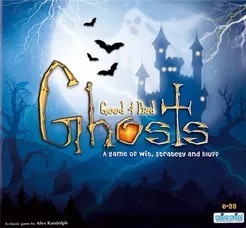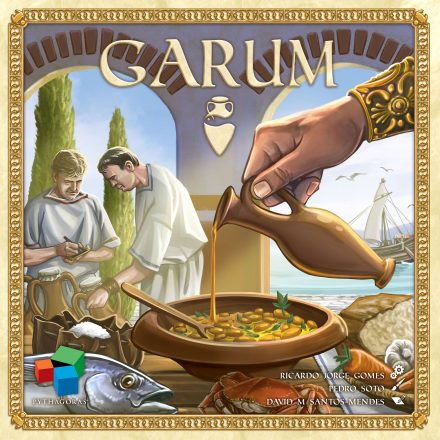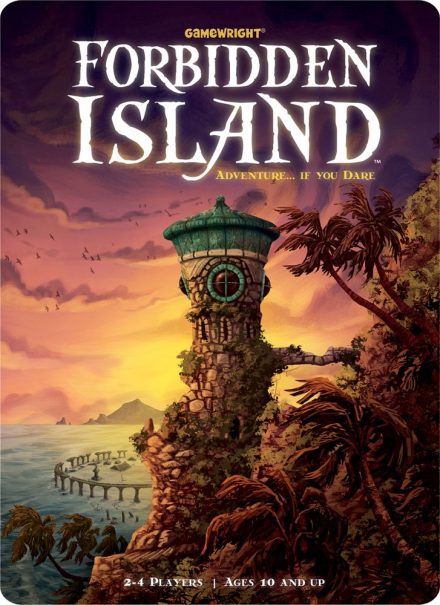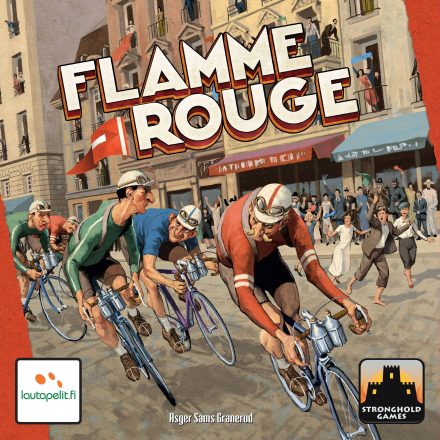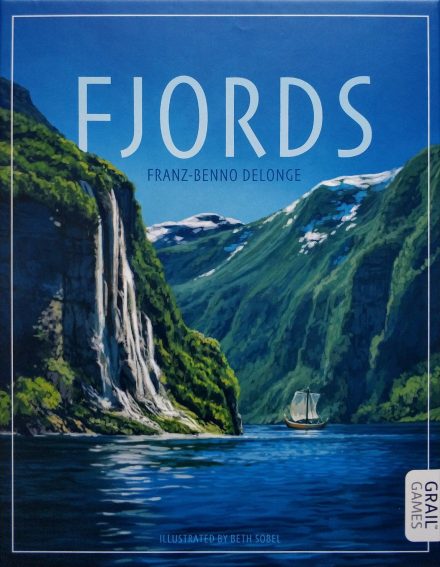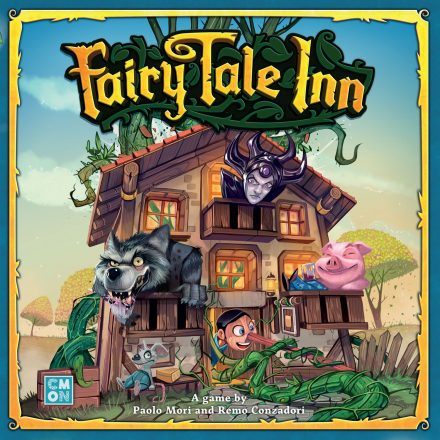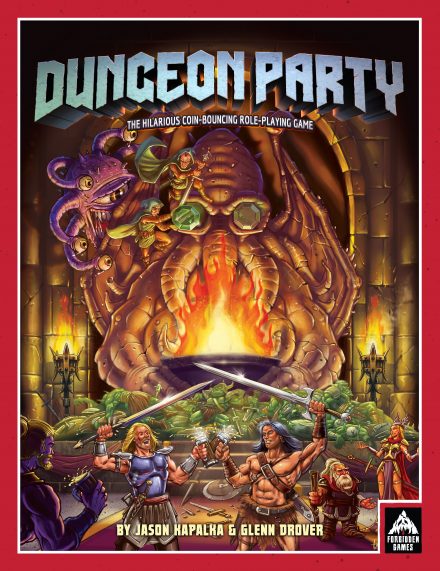
Hanamikoji
Welcome to the most famed Geisha street in the old capital, Hanamikoji. Geishas are elegant and graceful women who are skilled in art, music, dance, and a variety of performances and ceremonies. Greatly respected and adored, Geishas are masters of entertainment.
In Hanamikoji, two players compete to earn the favor of seven illustrious Geishas by collecting each Geisha’s preferred performance item. With careful speculation and a few bold moves, can you outsmart your opponent to win the favor of the most Geishas?
Game Mechanics:
- Area Control
- Hand Management
Game Specifications:
- 2 Players
- ~15 Minutes
- Difficulty Weight 1.69

